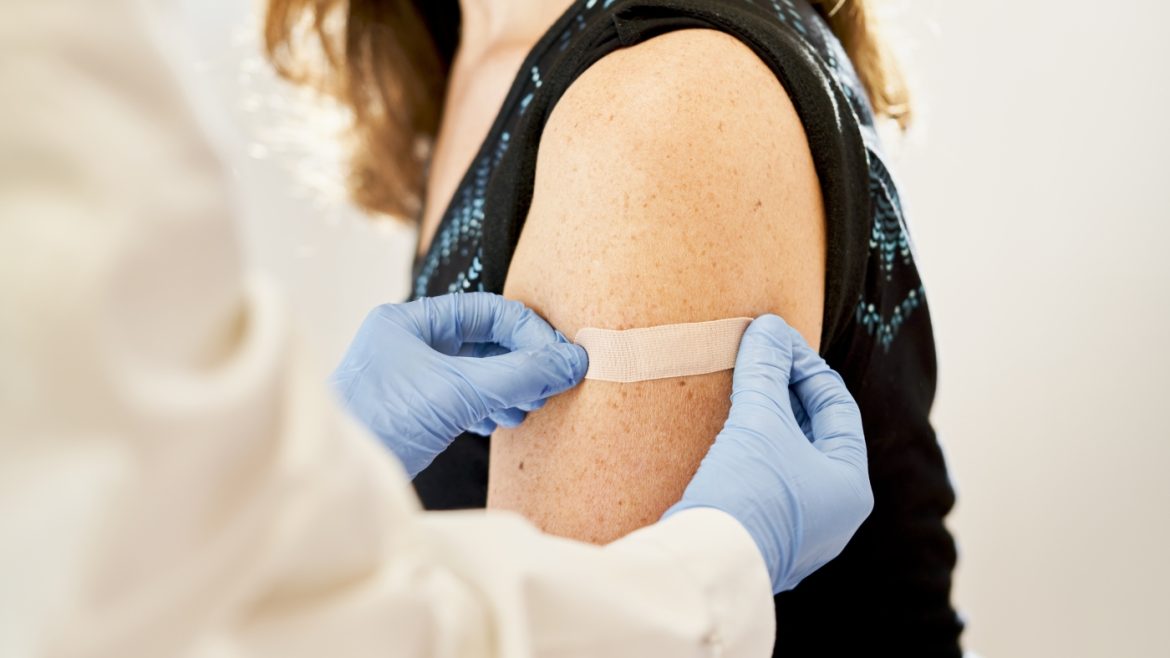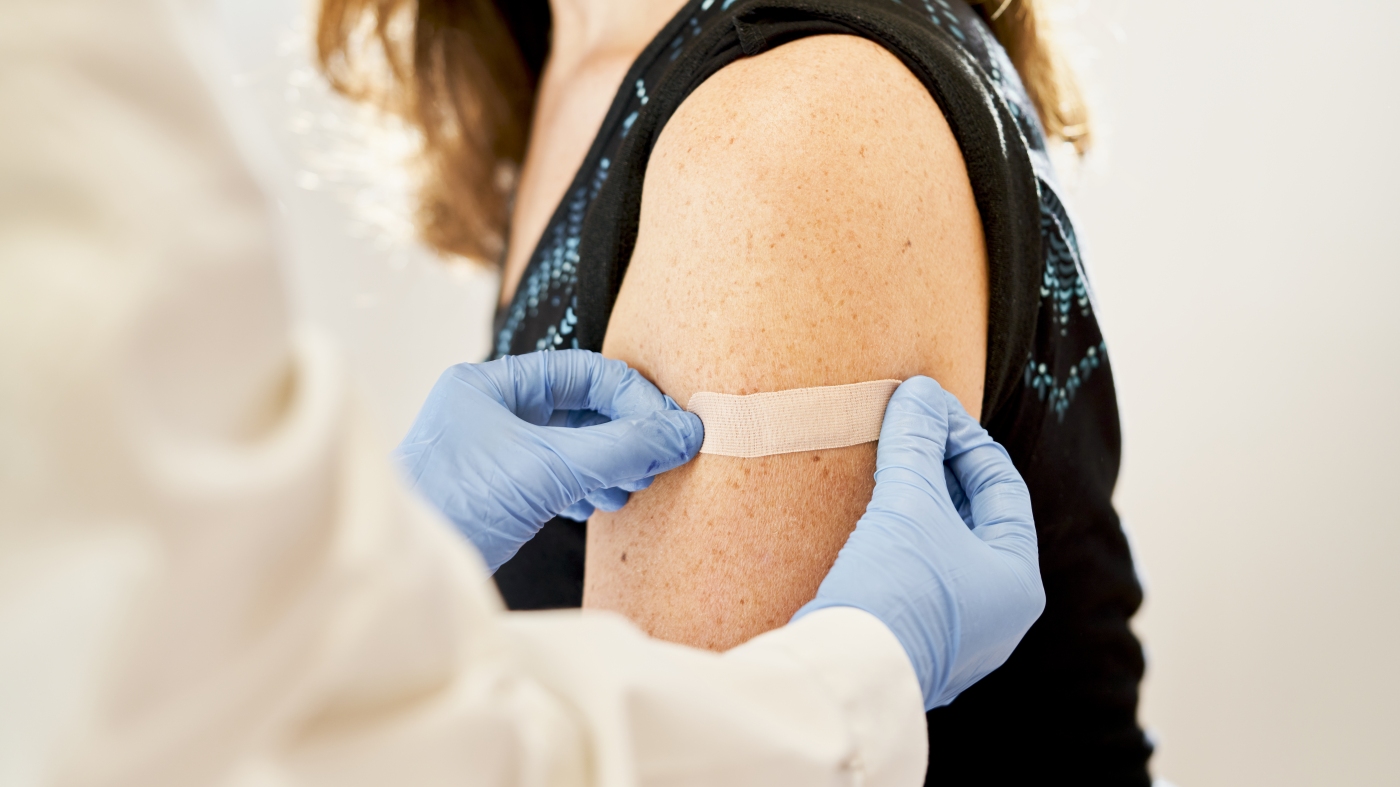The Shift in Vaccine Testing: Robert F. Kennedy Jr.’s Placebo-Controlled Studies Mandate
Introduction
In a move that has sparked significant debate within the medical community, Robert F. Kennedy Jr., the U.S. Health and Human Services (HHS) Secretary, has announced a radical shift in the testing protocols for new vaccines. This policy change mandates that all new vaccines must undergo placebo-controlled studies before they can be made available to the public. This decision, described as a “radical departure” by the HHS, has raised both hopes and concerns, particularly among medical experts and vaccine skeptics. This report delves into the implications, potential benefits, and criticisms of this new policy.
The New Policy: Placebo-Controlled Studies
Understanding Placebo-Controlled Trials
Placebo-controlled trials involve comparing the effects of a new vaccine against an inert substance, such as saline. This method is considered the gold standard in clinical research because it provides a clear baseline for measuring the vaccine’s efficacy and safety. In these trials, some participants receive the vaccine, while others receive the placebo. This design helps researchers determine whether any observed effects are due to the vaccine itself or other factors.
The Mandate and Its Justification
The HHS, under Kennedy Jr.’s leadership, has decided that all new vaccines must undergo this rigorous testing process. The administration argues that this approach will ensure the highest standards of safety and efficacy for vaccines. By requiring placebo-controlled studies, the HHS aims to address concerns about vaccine safety and build public trust in the vaccination process.
Implications for Vaccine Development
Potential Benefits
Potential Drawbacks
Medical Experts’ Concerns
Many medical experts have expressed concerns about this policy change. Dr. Paul Offit, a physician and director of the Vaccine Education Center at Children’s Hospital, has noted that some vaccine skeptics often take a narrow view of what constitutes a placebo. This could lead to misunderstandings and further skepticism about vaccine safety.
Moreover, the requirement for placebo-controlled studies could complicate the approval of other vaccines, not just COVID-19 vaccines. This could have far-reaching implications for public health, particularly in the context of emerging infectious diseases and ongoing health crises.
The Broader Context
Kennedy Jr.’s appointment as HHS Secretary has been controversial due to his history of vaccine skepticism. His stance on vaccines has been a contentious issue, with some praising his advocacy for vaccine safety and others criticizing his views as misguided and dangerous. This policy change is seen by many as a reflection of his personal beliefs and a significant shift in the approach to vaccine testing.
Conclusion: A Balancing Act
The mandate for placebo-controlled studies for new vaccines represents a significant shift in the approach to vaccine development and approval. While it aims to enhance safety and build public trust, it also raises concerns about delays, ethical considerations, and resource allocation. As the medical community grapples with these issues, it is crucial to strike a balance between rigorous scientific standards and the urgent need for effective vaccines. The success of this policy will depend on how well these challenges are addressed and how effectively the public health system adapts to the new requirements. The future of vaccine development hangs in the balance, and the decisions made today will shape public health for years to come.


